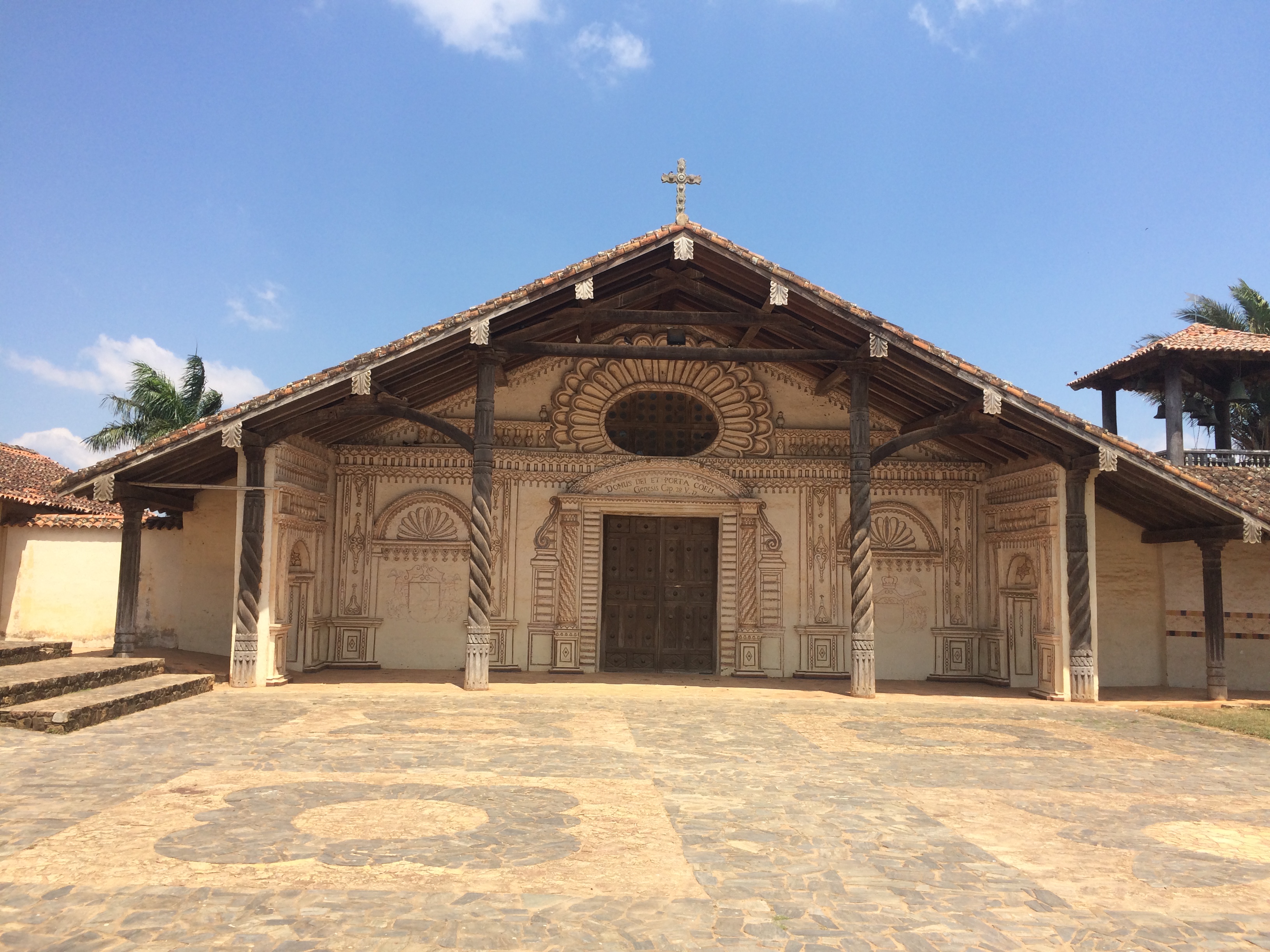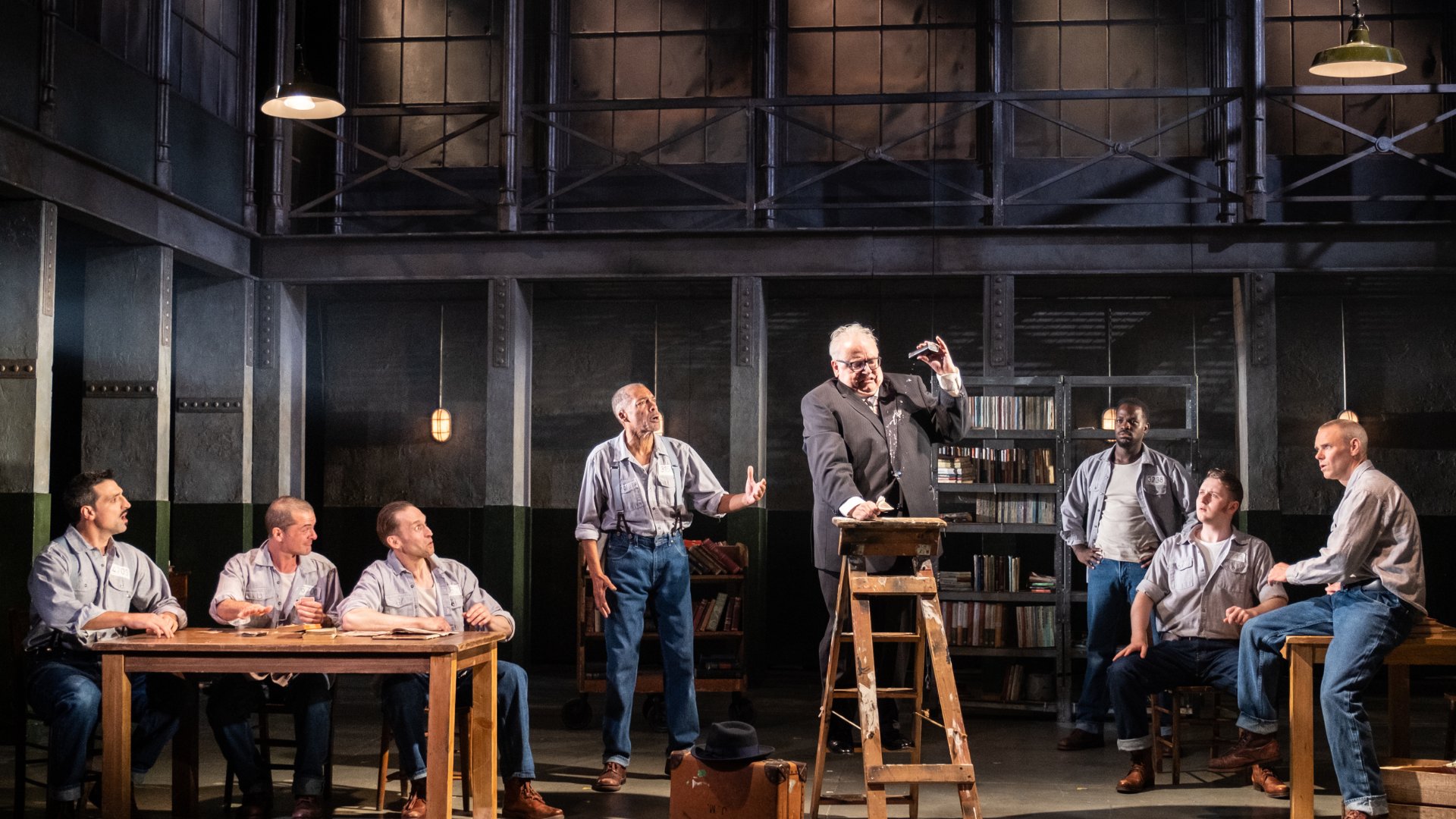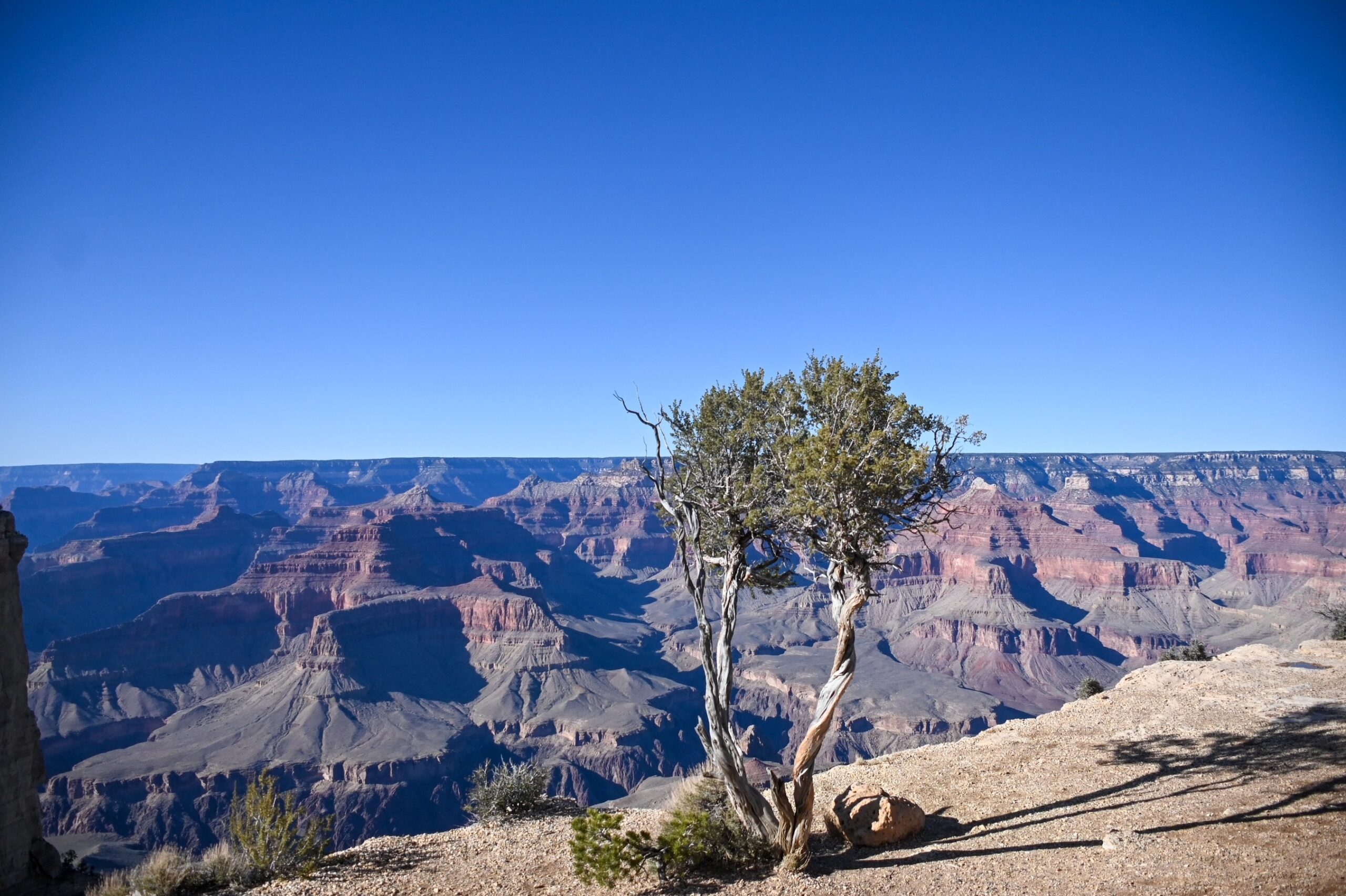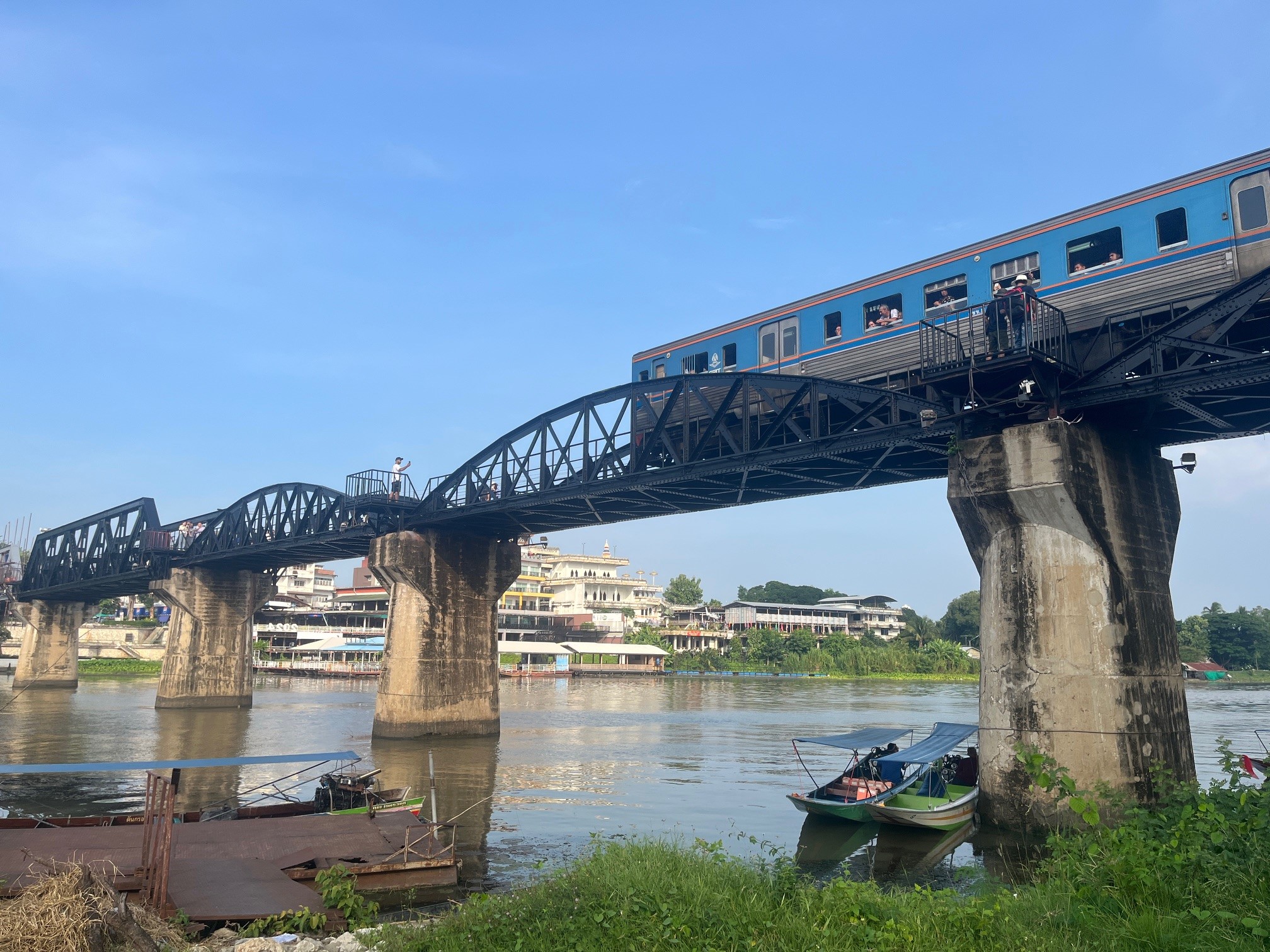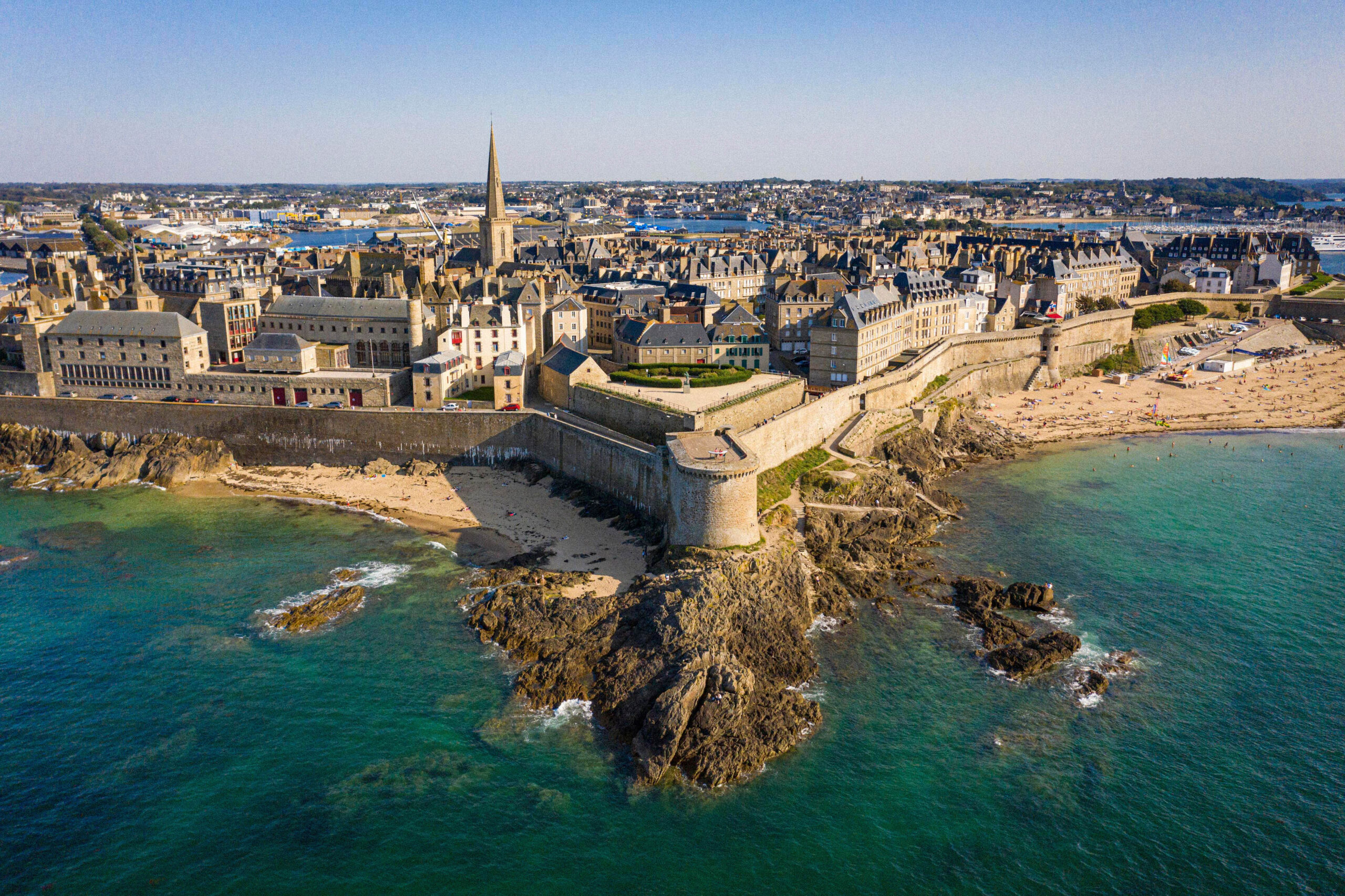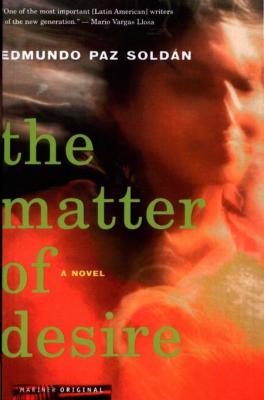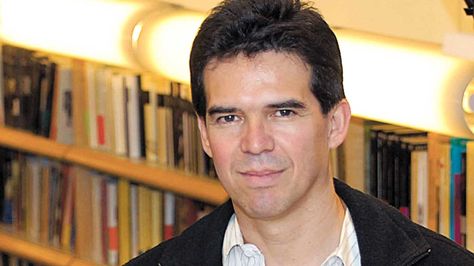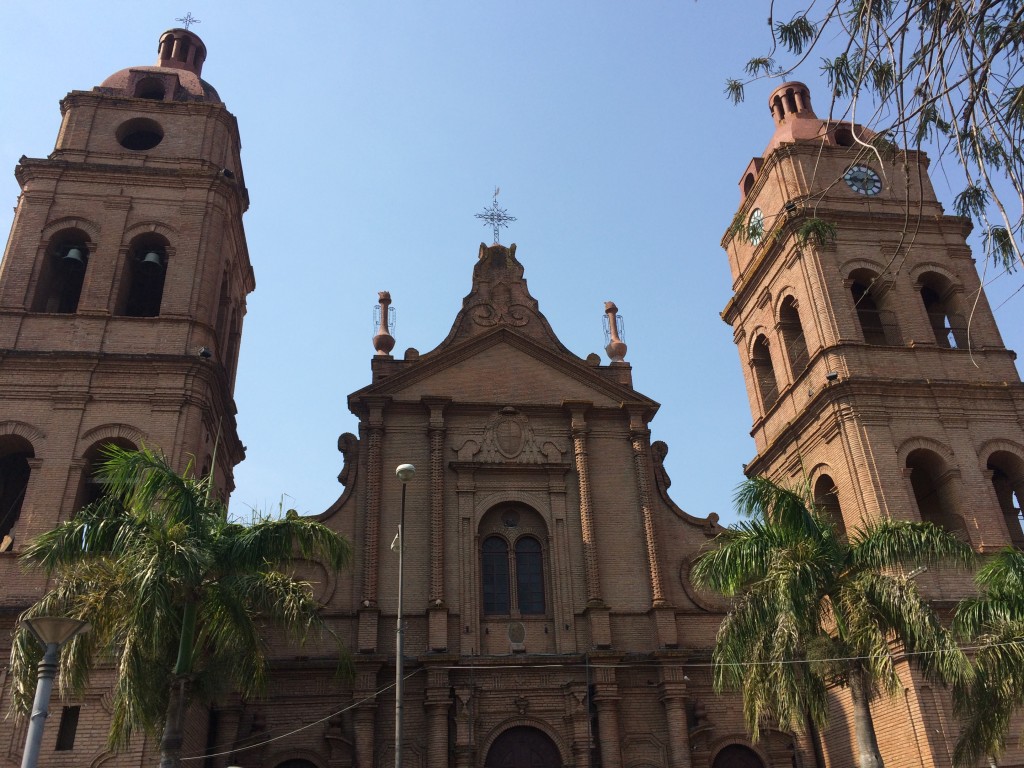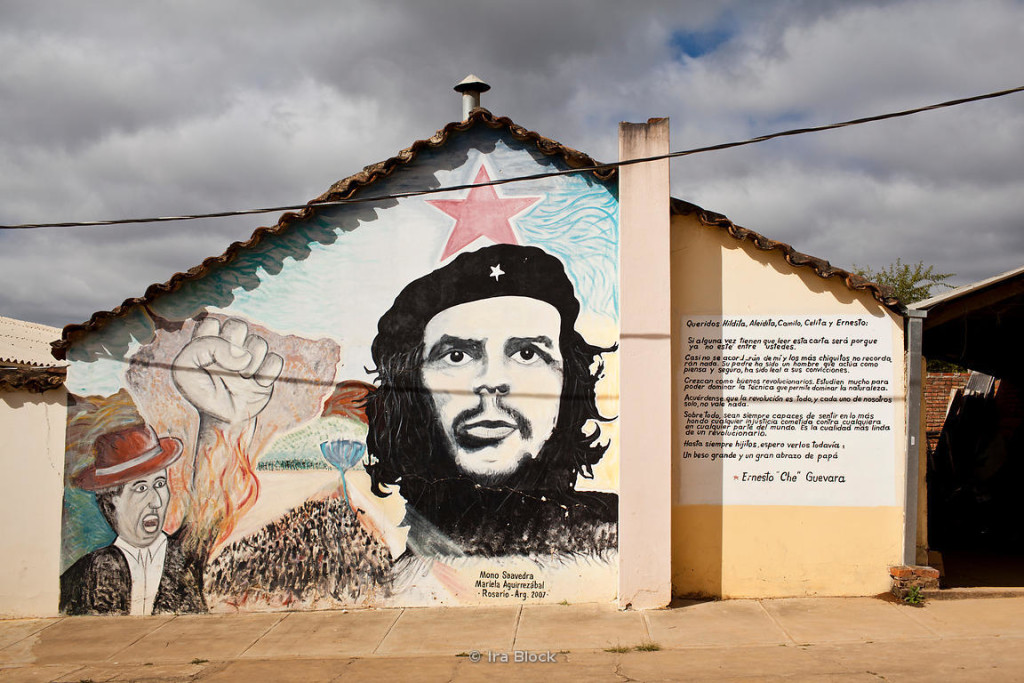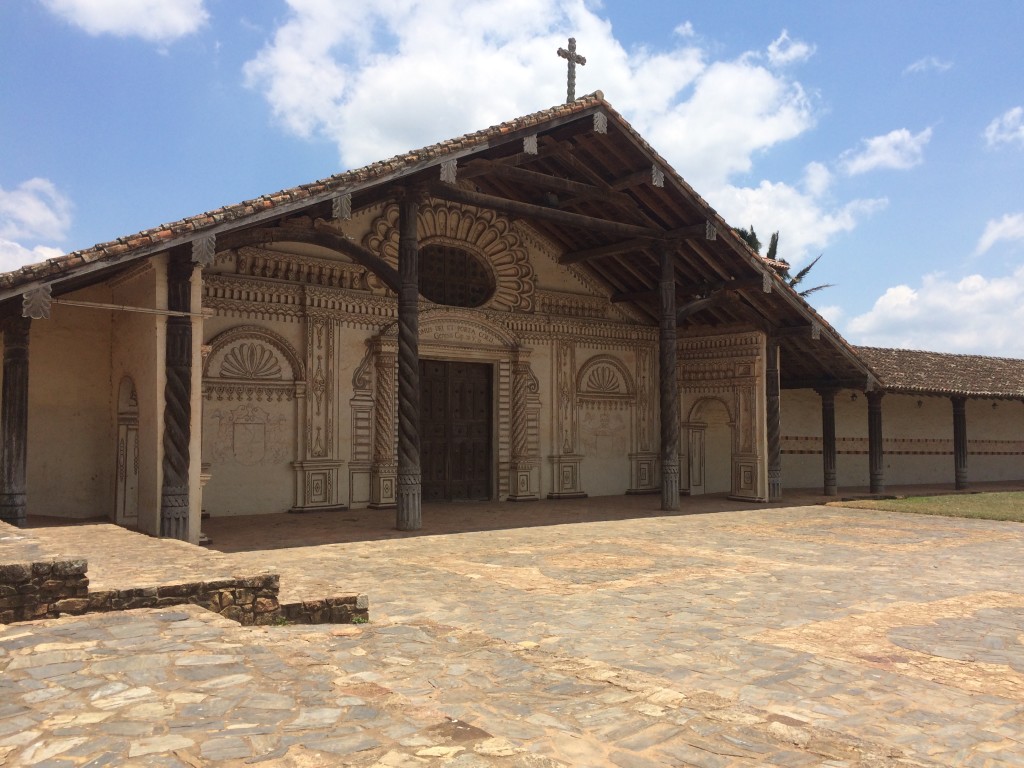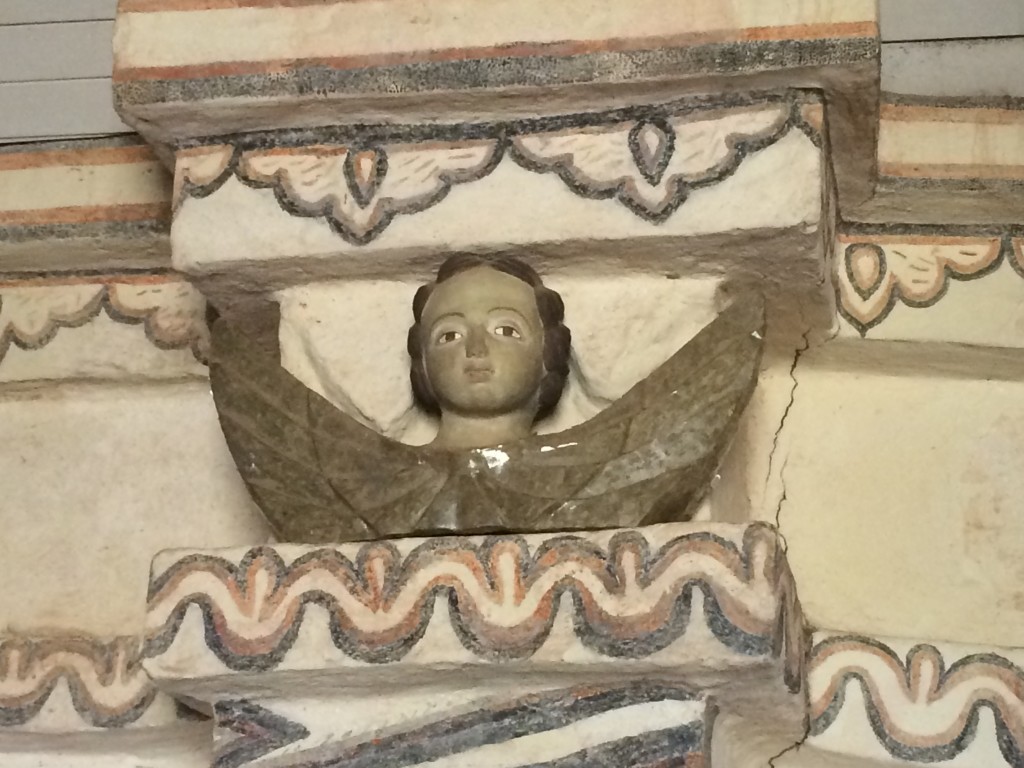Since I started this blog, before each departure I am looking for books ideas that could accompany me for the trip. In the process, I came across many novels which across the different experiences and styles present a similar pattern: the narrator is an immigrant, often in the US or in the UK, the story is told partly in the country of origin and partly in the country of destination and the father’s figure plays a central role. Maybe because I am myself an expatriate, I liked those books. I will showcase some of these novels in my next posts.
I am starting with “Materia del Deseo” by Edmundo Paz Soldán, translated in English as “The Matter of Desire”) The story takes place in part in a university in up-state New York that looks very much like Cornell where Paz Soldán is teaching and in part in Rio Fugitivo a fictive city in Bolivia. A city far from the usual clichés about this landlocked Andean country: no lamas or alpacas, far from Lake Titicaca or the Uyuni Salar.
Rio Fugitivo looks similar to Santa Cruz de la Sierra where I went recently. Even if it keeps some traces of its colonial past around the central square, Santa Cruz is a modern city, in full economic boom, in the midst of a plain dominated by large farms. Some streets of the « Equipetrol » neighborhood see themselves as trendier as the streets of Miami.
Pedro, a young professor in political sciences specialized in Latin America takes a sabbatical from his north-American university. The timing is opportune as it allows him fleeing from a complicated and professionally dangerous affair with Ashley, one of his American student. More officially, he also travels back to Rio Fugitivo to do research on his father, Pedro Reissig, a heroic figure from the leftist revolutionary struggle in Bolivia in the 60s, killed with his group during a trap organized by the security services.
The region around Santa Cruz is rich in memories from short-lived revolutionary experiences. The most famous figure is probably Che Guevara whose grave is in Vallegrande. After having supported Fidel Castro in Cuba, and after an unsuccessful attempt in the Congo, the Argentinian revolutionary ended his career in Bolivia: he failed to recruit any campesino for his armed struggle and was chased and then killed by the Bolivian army. An ending without glory which will however give birth to a myth that inspiring thousands of idealists.
I found the experience of the Jesuits missions in the Chiquitos region more moving. Founded at the end of the 17th century in order to assimilate the indigenous populations to the Spanish colonial system, they nevertheless offered to these populations a shelter against slavery and exploitation. Even though the missions were probably not the paradise suggested for example by a movie like « The Mission », they were the center of a rich economy and culture. The Chiquitanos musical tradition is still alive today. I could attend a short performance and also see the old instruments in the museum of the San Javier mission, a wonderful example of this hybrid architecture in a small but charming cattle town. It is in this region of Bolivia that the best maintained and renovated missions can be found, testimony of a somewhat utopian experience which was brutally interrupted in 1767 when the Spanish Crown expelled the Jesuits from Latin America.
But let’s get back to Pedro, our Bolivian academic looking for his dad and trying without success to forget his lover in the US. His father, Pedro Reissig, he never knew him except as a hero, the figurehead of the Bolivian left whose killing, like the Che, formed the cornerstone of his legend. But a doubt remains: among the group of revolutionaries, a traitor gave them away to the secret services. Who was this traitor? Is the answer in Berkeley, the novel written by Reissig? Or in the crosswords puzzles composed every week by his uncle David, the hero’s brother who miraculously survived the killing? How to understand the love triangle (or rectangle) in which the two brothers where entangled with their respective wives? Should he believe the so-called revelations by a drug lord, one of his dad’s former classmate, who is waiting to be extradited to the US?
After a short re-encounter with Carolina, a Bolivian ex-girlfriend, Pedro returns to the States. Ashley has left the campus without leaving an address, but he comes back with a more precise image of who his father really was.
